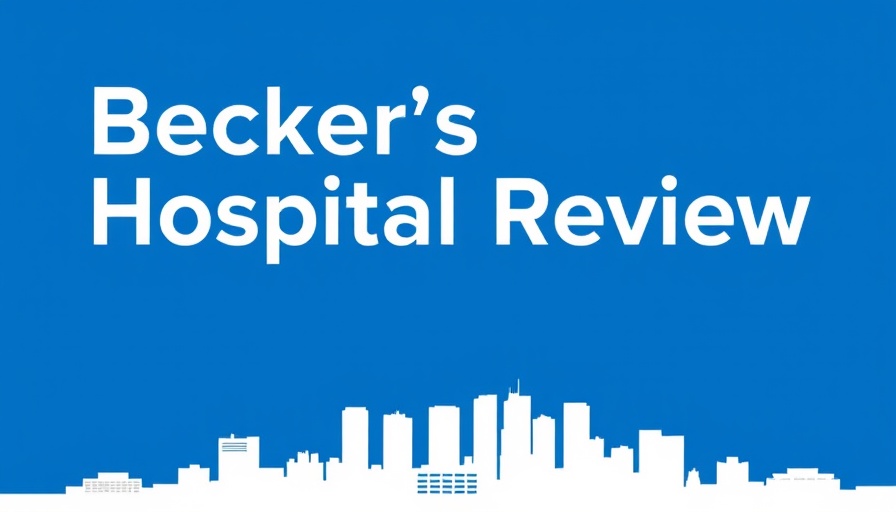
Is Your Diet Killing You? Learn the Surprising Link Between Junk Food and Lung Cancer
A recent observational study has unveiled a concerning connection between the consumption of ultraprocessed foods and the risk of lung cancer. Conducted by researchers at the Chongqing Cancer Hospital in China, the study utilized data from the Prostate, Lung, Colorectal, and Ovarian (PLCO) Cancer Screening Trial involving over 155,000 participants. The findings revealed that individuals with the highest intake of ultraprocessed foods were 41% more likely to be diagnosed with lung cancer within a decade compared to those with the lowest intake. This eye-opening statistic raises critical questions about the health implications of our dietary choices.
Understanding the Study’s Findings
The analysis highlighted increased risks for both non-small cell lung cancer (NSCLC) and small cell lung cancer (SCLC), demonstrating adjusted hazard ratios of 1.37 and 1.44, respectively. Importantly, the study accounted for several confounding factors, such as smoking habits and overall diet quality. Despite these findings, it is crucial to approach the results with caution. As co-author Yongzhong Wu mentions, while the link is indicative, causality has not yet been firmly established, necessitating further research across diverse populations and settings.
The Importance of Limiting Ultraprocessed Foods
Understanding the potential dangers of ultraprocessed foods goes beyond just lung cancer; numerous observational studies have consistently associated high consumption of these foods with various health issues, including obesity and heart disease. This latest research adds critical weight to what many health professionals have been saying: limiting our intake of ultraprocessed foods could significantly improve public health outcomes and potentially reduce the burden of lung cancer.
How Dietary Choices Impact Health: A Broader Perspective
The implications of this study do not exist in a vacuum. Public health campaigns worldwide are increasingly focusing on the detrimental effects of ultraprocessed diets. The researchers suggest that the consumption of these foods often comes at the expense of healthier options. By understanding and addressing the health risks associated with ultraprocessed food consumption, we can facilitate better dietary choices that lead to healthier lives.
Looking Ahead: Future Research Directions
As exciting as these findings are, the lack of definitive causal links points to the pressing need for future research. Investigations could explore various aspects of dietary patterns, such as specific additives and processing methods in ultraprocessed foods that may contribute to cancer risk. Additionally, it could help identify which populations are most affected by such diets, informing public health recommendations and interventions.
The Role of Health Care Professionals
For healthcare providers, the revelations of this study underline the importance of addressing dietary habits within clinical settings. As healthcare professionals, educating patients on the risks associated with ultraprocessed foods can empower them to make informed dietary decisions. Emphasizing preventive care and promoting a balanced diet rich in whole foods can help mitigate risks associated with lung cancer and other chronic diseases.
Take Action: How to Limit Ultraprocessed Foods
Reflecting on the implications of this research, individuals can start taking actionable steps to reduce ultraprocessed food intake. Simple strategies may include:
- Opt for whole, minimally processed foods whenever possible.
- Explore cooking at home to control ingredients.
- Read labels to avoid artificial additives commonly found in ultraprocessed options.
Implementing these changes can foster healthier eating habits, benefitting overall well-being.
Conclusion
In conclusion, while the study points to a concerning correlation between junk food consumption and lung cancer risk, the need for rigorous causality analysis remains. The results advocate for a reassessment of dietary habits, highlighting the necessity for health care professionals to engage with patients on the link between nutrition and cancer risk. By fostering informed conversations around food choices, we can encourage healthier lifestyles that have far-reaching implications for public health.
 Add Row
Add Row  Add
Add 




Write A Comment